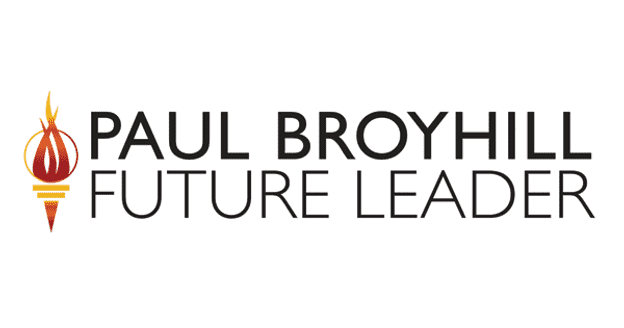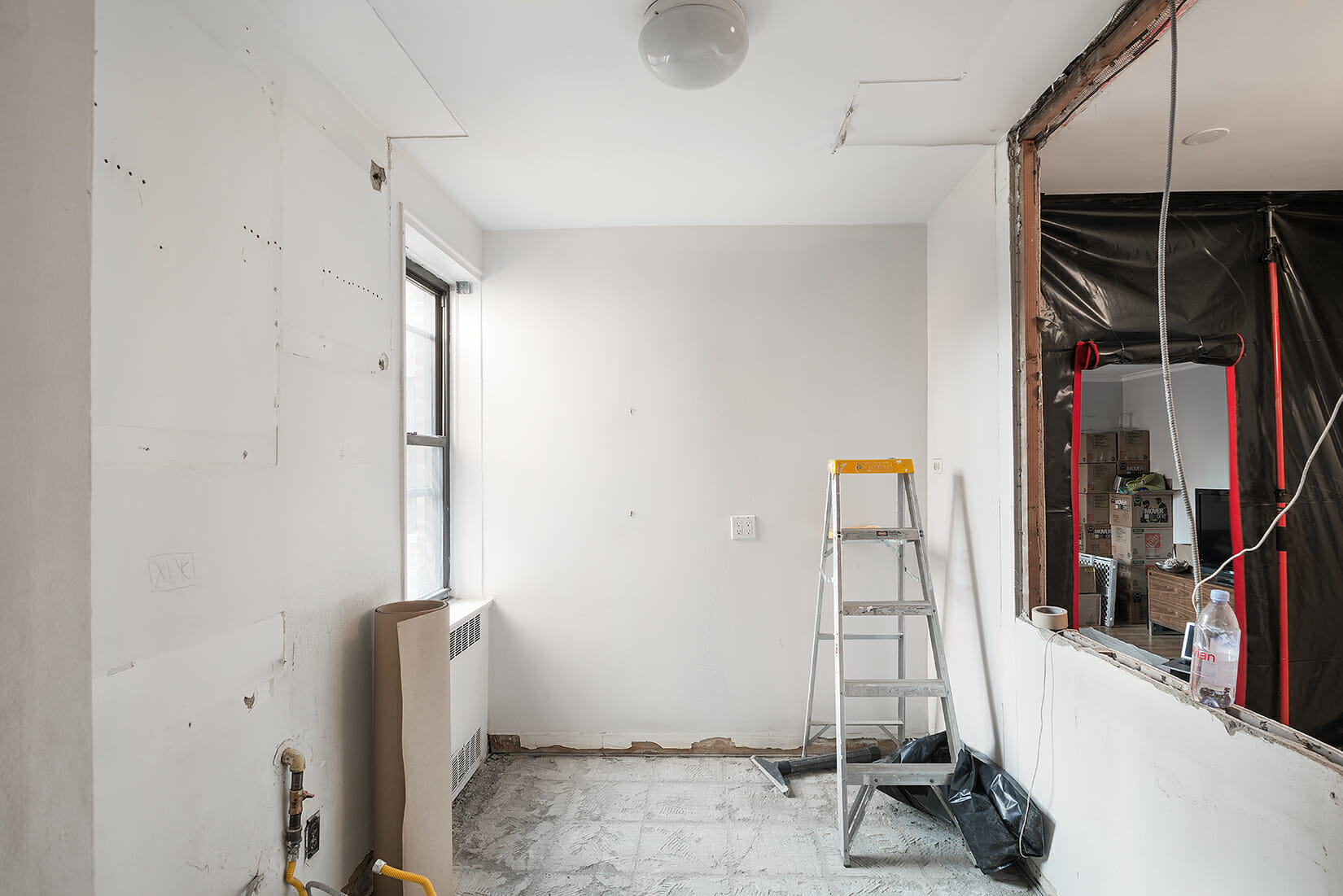Navigating the escrow process can be one of the most critical—and sometimes daunting—steps in a home renovation or purchase journey. This phase serves as a safeguard, ensuring that both buyers and sellers fulfill their obligations before the transaction is finalized.
At Sweeten, we’re experts at all things general contractors. Here’s how Sweeten works: We pre-screen them for our network, carefully select the best ones for your remodeling project, and work closely with hundreds of general contractors every day.
From gathering necessary documents and understanding financial obligations to communicating effectively with your real estate agent, this guide will equip you with the knowledge needed to streamline the escrow process and avoid common pitfalls.
What Is Escrow?
When selling a property, you’ll be handling large amounts of money and important documents with the buyer and your lender. Escrow is the process where a neutral third party, usually a Title Company, helps manage this transaction. This party ensures that both you and the buyer follow the agreed-upon instructions, handles all paperwork, manages the flow of money, provides title insurance, and oversees the legal transfer of ownership.
Renovate to live, Sweeten to thrive!
Sweeten brings homeowners an exceptional renovation experience by personally matching trusted general contractors to your project, while offering expert guidance and support—at no cost to you.
Escrow typically begins within one business day after the purchase agreement is accepted. At this point, your initial deposit, as outlined in the contract, is placed into an escrow account. The escrow period—from when the offer is accepted to when ownership is officially recorded—usually lasts between 21 to 45 days. However, if the purchase is made in cash, the process can often be completed more quickly. This revision maintains the essential information while making it clearer and more straightforward.
Checklist
1. Gather Necessary Documents
Before entering escrow, homeowners should collect all relevant documents. This includes:
- Purchase Agreement: Ensure that you have a signed copy of the purchase agreement outlining the terms of the sale.
- Identification: Valid government-issued ID for all parties involved in the transaction.
- Financial Statements: Recent bank statements, proof of income, and any other financial documents required by your lender.
- Homeowners Insurance: Obtain a policy that meets your lender’s requirements and be prepared to provide proof.
2. Understand Financial Obligations
Homebuyers should familiarize themselves with the financial aspects of the escrow process, including:
- Earnest Money Deposit: This upfront payment demonstrates your serious intent to purchase the property. Know how much you need to deposit and when it is due.
- Closing Costs: Estimate your closing costs, which can include loan origination fees, title insurance, appraisal fees, and more. Be prepared for these expenses in addition to your down payment.
- Escrow Fees: Understand what fees are associated with the escrow service itself, which can vary by location and service provider.
3. Communicate with Your Real Estate Agent
Effective communication with your real estate agent is crucial during the escrow process. Ensure that:
- All Parties Are Informed: Keep your agent updated on any changes in your financial situation or preferences.
- Questions Are Addressed: Don’t hesitate to ask questions about any aspect of the escrow process that you find unclear.
- Timeline Is Established: Work with your agent to create a timeline that outlines key dates and deadlines throughout the escrow period.
4. Schedule Inspections and Appraisals
Homebuyers should arrange for necessary inspections and appraisals during the escrow period:
- Home Inspection: Schedule a professional inspection to identify any potential issues with the property that may need addressing before closing.
- Appraisal: Your lender will typically require an appraisal to determine the property’s value. Be prepared for this step and understand its impact on your financing.
5. Review Title and Escrow Instructions
Once you enter escrow, you will receive title and escrow instructions. It’s essential to:
- Review Title Report: Examine the title report for any liens or claims against the property that could affect ownership.
- Understand Escrow Instructions: Carefully read through the escrow instructions to ensure you understand what is required from both parties before closing.
6. Stay Organized
Throughout the escrow process, staying organized is key:
- Create a Checklist: Use this guide as a checklist to track completed tasks and outstanding items.
- Set Reminders: Keep track of important deadlines by setting reminders on your calendar or using project management tools.
7. Be Prepared for Closing
As you approach the closing date, ensure that:
- Final Walkthrough Is Scheduled: Conduct a final walkthrough of the property to confirm that it is in acceptable condition before closing.
- Funds Are Ready: Arrange for any final payments, including closing costs, either through wire transfer or certified check as required by your escrow company.
As you navigate the escrow process, understanding its role can significantly ease any concerns you may have about buying or selling your property. Remember, open communication and thorough preparation are key to a successful escrow experience. With this knowledge in hand, you can approach the closing of your real estate deal with confidence, knowing you are well-equipped to handle this important phase of the process.
Closing Escrow
Once both the buyer and seller have fulfilled their contractual obligations and signed the necessary closing documents, your lender will transfer the loan funds into the escrow account. Following this, your title company will officially record the title deed and the loan deed of trust at the Recorder’s Office.
Congratulations! You are now the proud owner of your new home, and the keys will be personally handed over to you. In some cases, sellers may request to rent back the property for a brief period after closing. If you agree to a seller rent-back, the specific terms will be negotiated as part of the purchase contract.
We can help plan your renovation
Find endless home renovation inspiration, detailed guides, and practical cost breakdowns from our blogs. You can also post your project on Sweeten today and get matched with our vetted general contractors and get estimates for free!













